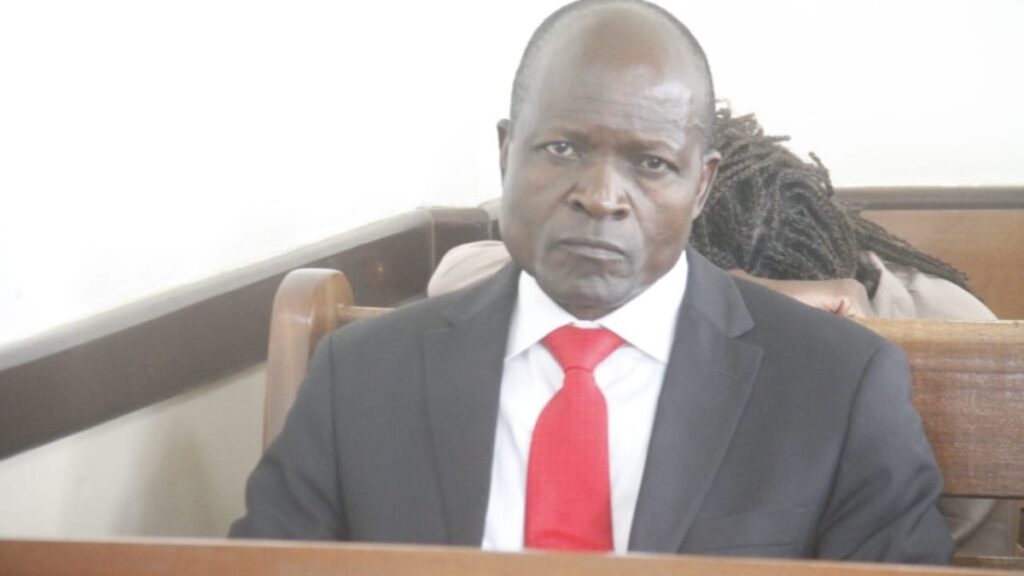The quest for freedom by former Migori Governor Okoth Obado has encountered fresh obstacles after the Ethics and Anti-Corruption Commission (EACC) disowned a plea agreement filed in court to withdraw his graft case.
Obado, his four children, and several associates are facing charges linked to the alleged embezzlement of millions of shillings from Migori County during his tenure between 2013 and 2017. The plea agreement, filed before Milimani Anti-Corruption Court, was expected to pave the way for the withdrawal of charges after he reportedly surrendered assets worth over Ksh230 million and two luxury vehicles to the State.
However, the EACC challenged the process, stating it had not been served with the plea deal despite its name appearing on the document as one of the signatories. Lawyers representing the commission argued that their participation was mandatory under Section 137(A-O) of the Criminal Procedure Code, which outlines the requirements for valid plea bargaining in Kenya.
The commission maintained that all relevant parties must review and consent to such agreements before they can be endorsed by the court. According to its lawyers, the draft deal should have been shared for consideration and possible amendments. Without this, the agreement was deemed incomplete.
Obado’s lawyer, Kioko Kilukumi, countered that the EACC was interfering with the constitutional powers of the Directorate of Public Prosecutions (DPP), which has the authority to withdraw cases. He insisted that the plea arrangement had been jointly negotiated and that his client had already fulfilled part of the bargain by surrendering the contested assets.
The clash has now left Obado’s future hanging in the balance. Anti-Corruption Magistrate Charles Ondieki directed the DPP to formally provide the plea agreement to the EACC within 21 days, giving the commission time to seek instructions from its principals and determine whether or not to sign.
Until then, the fate of the plea bargain remains uncertain, prolonging the high-stakes legal battle that has followed Obado since leaving office. With the EACC holding firm on its role and the defense pushing for closure, the court’s next move will be pivotal in deciding whether Obado secures relief or continues to face trial over one of the most prominent graft cases involving a former county boss.

